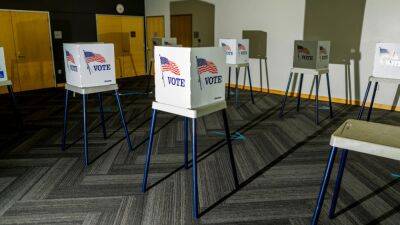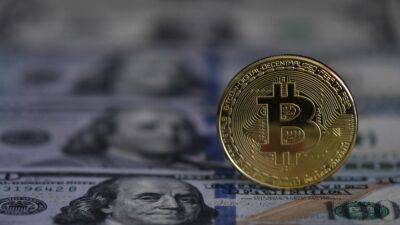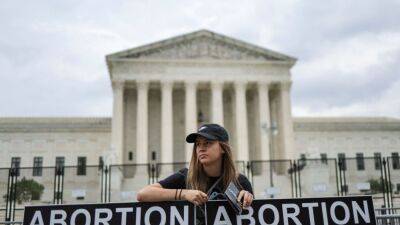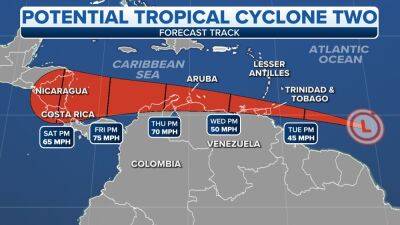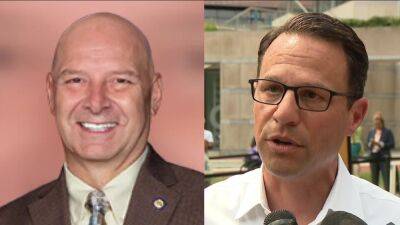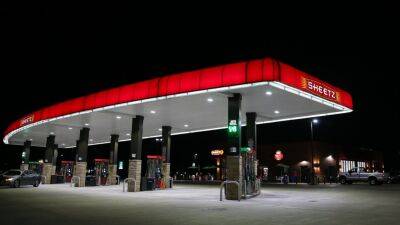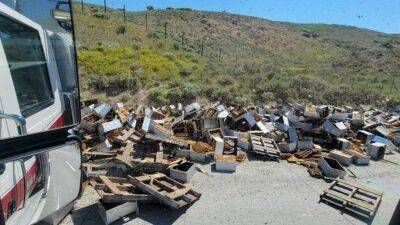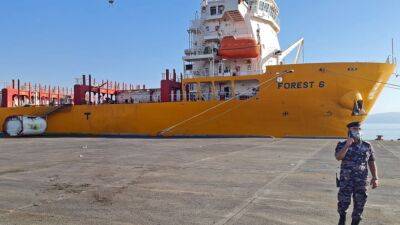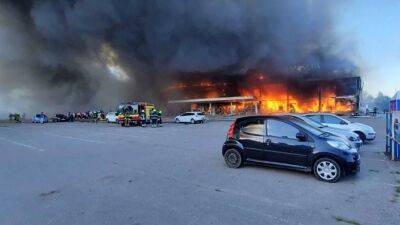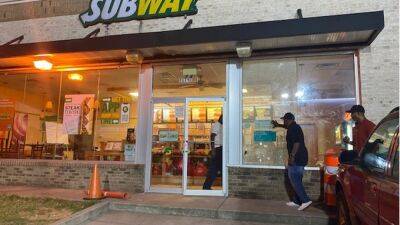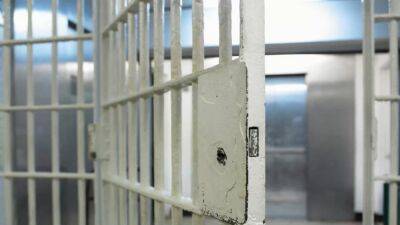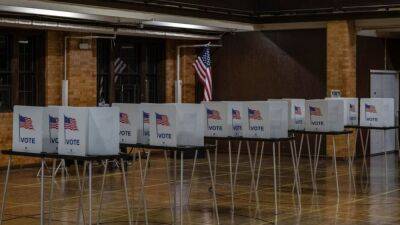Canada leaning toward new era of 1970s-style stagflation, economists say
Canada is leaning toward a new era of 1970s-style stagflation as the pace of economic growth slows yet inflation remains stubbornly high, economists say.
The abnormal mix of rising prices and high joblessness gripped the country 40-odd years ago. Supply shocks sent energy costs soaring, interest rates climbed to devastating heights and unemployment was rampant.
Now some experts say conditions are ripe for a return of the economic phenomenon. “I would say in the next year we’re looking at a recession in this country, which in combination with continued inflation could spell stagflation,” said Armine Yalnizyan, an economist and Atkinson Foundation fellow. “We can’t duck the global forces that are pointing at recession … the question is whether raising interest rates will slow inflation.” While stagflation could make a comeback, it would likely be a more mellow version of the economic anomaly–a sort of stagflation-lite. “I don’t think it’s unrealistic to expect that we could see a world where we have higher inflation and higher unemployment,” said Fred Bergman, a senior policy analyst with the Atlantic Provinces Economic Council, an independent Halifax-based economic think tank. “We could see those two tracking up, which is rare.
But it’s going to be very modest compared to what we saw back in the 1970s and 1980s.” The simultaneous increase in inflation and unemployment stumped economists and policymakers in the 1970s.
Read more on globalnews.ca

